Đelić apologizes to Montenegro
The deputy prime minister in the Koštunica cabinet late Thursday apologized for offensive remarks uttered by one of PM's advisors.
Thursday, 06.09.2007.
10:07

The deputy prime minister in the Kostunica cabinet late Thursday apologized for offensive remarks uttered by one of PM's advisors. Bozidar Djelic told B92 that Montenegro's protest note, delivered earlier today to the Serbian Foreign Affairs Ministry, "was the least this country could do", saying Serbia would react in the same way it someone referred to it as "a quasi-state". Djelic apologizes to Montenegro He added Serbia must build good neighborly relations with other countries even when it does not agree with some of their decisions. "The government of the Republic of Serbia recognizes Montenegro as a state. We respect this state and are building good neighborly relations with it." "This is the government policy – the rest are personal opinions. Our government does not wish to in any way disparage or insult the Montenegrin citizens," Djelic explained. Djelic was touring a construction site in New Belgrade when he made these statements. When reporters reminded him that Podgorica demanded an apology, he said, "I apologize to the Montenegrins." It remains to be seen if the gesture will suffice to calm the seriously soured relations between the two countries. Earlier today, Montenegro lodged a severe protest over the statement, seen as insulting to that country and its people. The Montenegrin Ministry of Foreign Affairs told its diplomatic representative to Serbia, Anka Vojvodic, to seek a meeting of an appropriate level in order to express her government's protest, after Aleksandar Simic, an advisor to Prime Minister Vojislav Kostunica, described Montenegro as "a quasi-state made on a separatist wave." "We have opted for this type of action for the sake of the future relations between the two countries," Vojvidic said after formally lodging the protest today at the Serbian Foreign Affairs Ministry, and added she was glad to learn "from the media" that official Belgrade was not behind the statements. "All that took place yesterday and all that was repeated countless times, lacks good intentions and is obviously not done by chance, and deserves an apology," Vojvodic said. "We expect the apology to be public, and come from a high level," the Montenegrin ambassador to Serbia explained Thursday. Assistant Montenegrin Foreign Affairs Minister Irena Radovic told a local television station in Podgorica late Wednesday that her country believes the statement did not represent the Serbian government's official position, rather an opinion of a state apparatus clerk. "We will not engage in any polemic, since that would only serve the purpose of aiding the Serbian parties' propaganda meant for the domestic audience," Radovic said, and explained her ministry instead instructed Ambassador Vojvodic to seek an official explanation from the authorities in Belgrade. Simic chose to express his dissatisfaction with Montenegro's decision not to allow Bishop Filaret entry by telling Belgrade daily Glas Javnosti that "the real problem was the self-willed quasi-state made on a wave of separatism which thinks it can put right its quasi-statehood by being strict." "This state wants to not only invent a nation, language, change the alphabet and create a new church, but also wishes to place the existing SPC eparchy borders within the borders of this quasi-state," he said. Today, in a statement to B92, Simic explained what he meant by calling Montenegro a "quasi-state." "It describes the state of a country that is not yet qualified for a certain level of civilization. A country that does not respect human rights as prescribed in the UN and Council of Europe documents that transcend the sovereignty of a state cannot be a country that has the same level of civilization and culture as others members," Kostunica's advisor said. Questioning Montenegro's "level of civilization" will no doubt fall well short of what the shocked officials in Podgorica expect – namely, an apology for the statements that have been roundly perceived as insulting. And while Montenegro, an independent and internationally recognized state, remains in shock and demanding an apology, Kostunica's coalition partners, the Democrats, sought to make amends to the developing diplomatic scandal. Defense Minister Dragan Sutanovac said Thursday that Simic's statment about Serbia's neighbor being a "quasi-state," was harmful for Sebria and its people and did not represent the government's position. He told a news conference in Belgrade that Montenegrin official reaction to the scandalous statement was "minimal," and that he would have reacted in the same way had someone referred to Serbia as "a quasi-state." Sutanovac added the statement was also in breach of the international law since Montenegro is a recognized country, with its flag in front of the UN headquarters in New York. The defense minister declined to comment his cabinet colleague Velimir Ilic's behavior. Meanwhile at the center of the controversy, the Serbian Orthodox Church (SPC) bishop, who has embarked on a hunger strike in protest of the decision not to allow him to enter Montenegro, remains at the border crossing between the two countries. The Hague Tribunal put Filaret on its list of people suspected of aiding war crimes fugitives. Yesterday, Infrastructure Minister Velimir Ilic, on his way to Podgorica for a meeting on a joint Belgrade – Bar highway project, decided to instead pay a visit to Filaret and then return to Belgrade. Montenegrin Transport Minister Andrija Lompar said he was disappointed with Ilic's decision, adding that this would lead to a delay in the implementation of major projects, Beta reported. Lompar told a news conference that he had received no explanation from Ilic as to why he had not shown up at the meeting, but heard from the media that it was related to the Filaret controversy. Describing the move as "a political trick," Lompar said he expected Ilic to "at least apologize and explain his actions." Bozidar Djelic (FoNet, archive)
Đelić apologizes to Montenegro
He added Serbia must build good neighborly relations with other countries even when it does not agree with some of their decisions."The government of the Republic of Serbia recognizes Montenegro as a state. We respect this state and are building good neighborly relations with it."
"This is the government policy – the rest are personal opinions. Our government does not wish to in any way disparage or insult the Montenegrin citizens," Đelić explained.
Đelić was touring a construction site in New Belgrade when he made these statements. When reporters reminded him that Podgorica demanded an apology, he said, "I apologize to the Montenegrins."
It remains to be seen if the gesture will suffice to calm the seriously soured relations between the two countries.
Earlier today, Montenegro lodged a severe protest over the statement, seen as insulting to that country and its people.
The Montenegrin Ministry of Foreign Affairs told its diplomatic representative to Serbia, Anka Vojvodić, to seek a meeting of an appropriate level in order to express her government's protest, after Aleksandar Simić, an advisor to Prime Minister Vojislav Koštunica, described Montenegro as "a quasi-state made on a separatist wave."
"We have opted for this type of action for the sake of the future relations between the two countries," Vojvidić said after formally lodging the protest today at the Serbian Foreign Affairs Ministry, and added she was glad to learn "from the media" that official Belgrade was not behind the statements.
"All that took place yesterday and all that was repeated countless times, lacks good intentions and is obviously not done by chance, and deserves an apology," Vojvodić said.
"We expect the apology to be public, and come from a high level," the Montenegrin ambassador to Serbia explained Thursday.
Assistant Montenegrin Foreign Affairs Minister Irena Radović told a local television station in Podgorica late Wednesday that her country believes the statement did not represent the Serbian government's official position, rather an opinion of a state apparatus clerk.
"We will not engage in any polemic, since that would only serve the purpose of aiding the Serbian parties' propaganda meant for the domestic audience," Radović said, and explained her ministry instead instructed Ambassador Vojvodić to seek an official explanation from the authorities in Belgrade.
Simić chose to express his dissatisfaction with Montenegro's decision not to allow Bishop Filaret entry by telling Belgrade daily Glas Javnosti that "the real problem was the self-willed quasi-state made on a wave of separatism which thinks it can put right its quasi-statehood by being strict."
"This state wants to not only invent a nation, language, change the alphabet and create a new church, but also wishes to place the existing SPC eparchy borders within the borders of this quasi-state," he said.
Today, in a statement to B92, Simić explained what he meant by calling Montenegro a "quasi-state."
"It describes the state of a country that is not yet qualified for a certain level of civilization. A country that does not respect human rights as prescribed in the UN and Council of Europe documents that transcend the sovereignty of a state cannot be a country that has the same level of civilization and culture as others members," Koštunica's advisor said.
Questioning Montenegro's "level of civilization" will no doubt fall well short of what the shocked officials in Podgorica expect – namely, an apology for the statements that have been roundly perceived as insulting.
And while Montenegro, an independent and internationally recognized state, remains in shock and demanding an apology, Koštunica's coalition partners, the Democrats, sought to make amends to the developing diplomatic scandal.
Defense Minister Dragan Šutanovac said Thursday that Simić's statment about Serbia's neighbor being a "quasi-state," was harmful for Sebria and its people and did not represent the government's position.
He told a news conference in Belgrade that Montenegrin official reaction to the scandalous statement was "minimal," and that he would have reacted in the same way had someone referred to Serbia as "a quasi-state."
Šutanovac added the statement was also in breach of the international law since Montenegro is a recognized country, with its flag in front of the UN headquarters in New York.
The defense minister declined to comment his cabinet colleague Velimir Ilić's behavior.
Meanwhile at the center of the controversy, the Serbian Orthodox Church (SPC) bishop, who has embarked on a hunger strike in protest of the decision not to allow him to enter Montenegro, remains at the border crossing between the two countries.
The Hague Tribunal put Filaret on its list of people suspected of aiding war crimes fugitives.
Yesterday, Infrastructure Minister Velimir Ilić, on his way to Podgorica for a meeting on a joint Belgrade – Bar highway project, decided to instead pay a visit to Filaret and then return to Belgrade.
Montenegrin Transport Minister Andrija Lompar said he was disappointed with Ilić's decision, adding that this would lead to a delay in the implementation of major projects, Beta reported.
Lompar told a news conference that he had received no explanation from Ilić as to why he had not shown up at the meeting, but heard from the media that it was related to the Filaret controversy.
Describing the move as "a political trick," Lompar said he expected Ilić to "at least apologize and explain his actions."


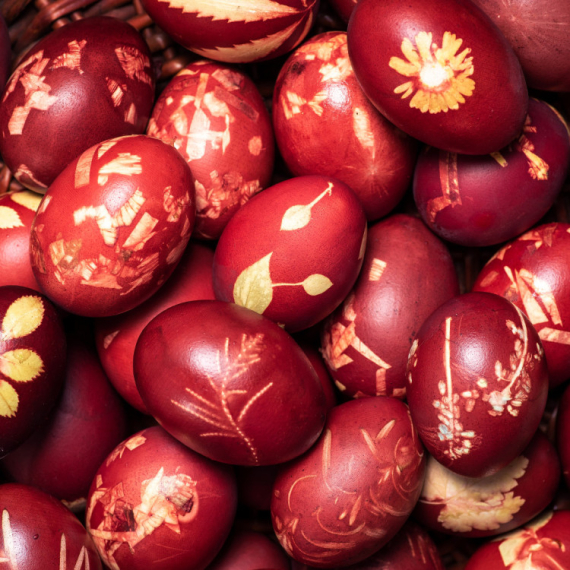









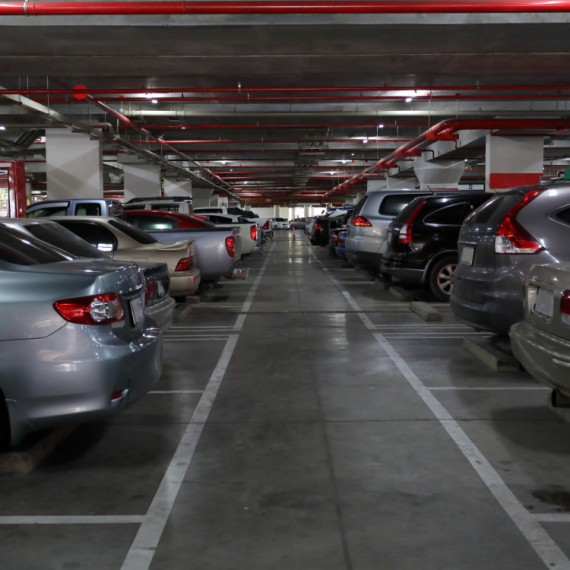

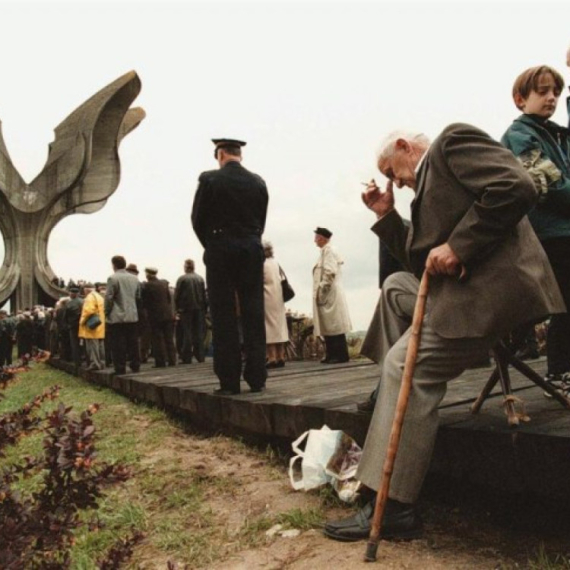
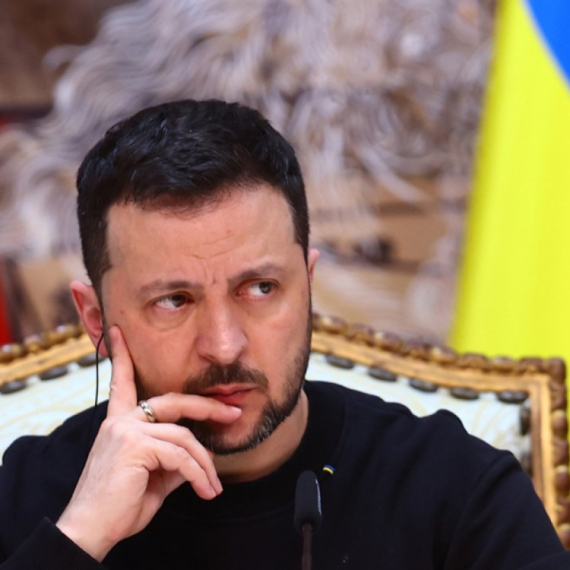

























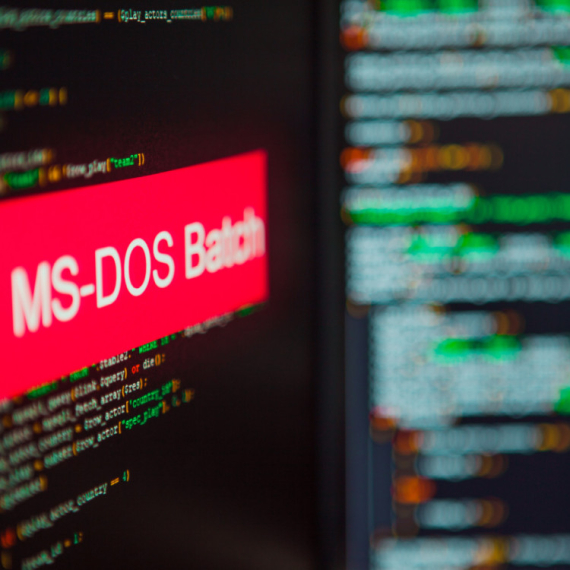

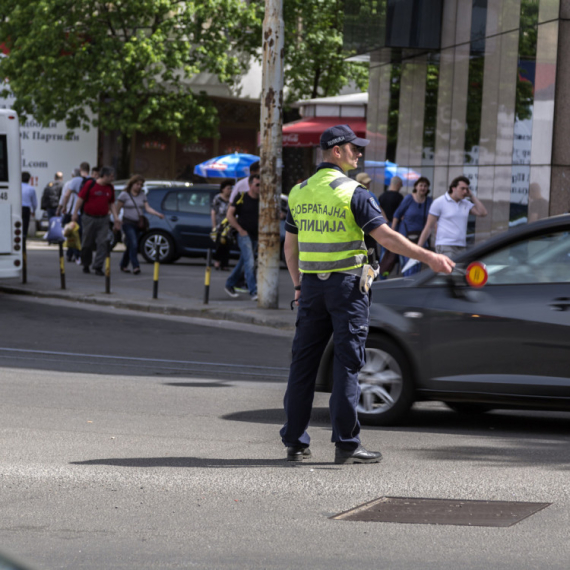
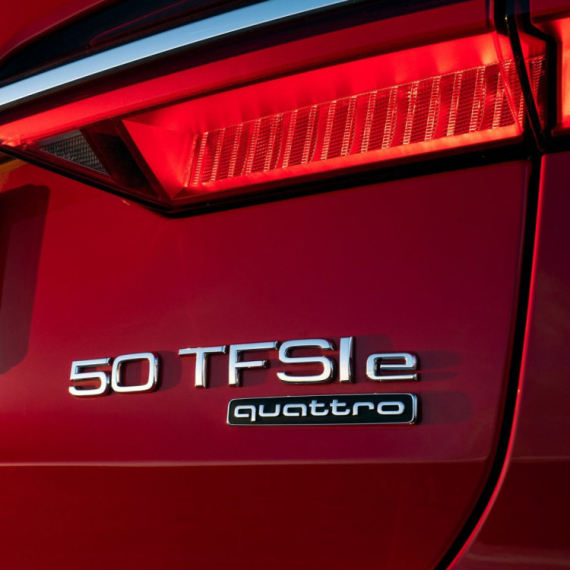



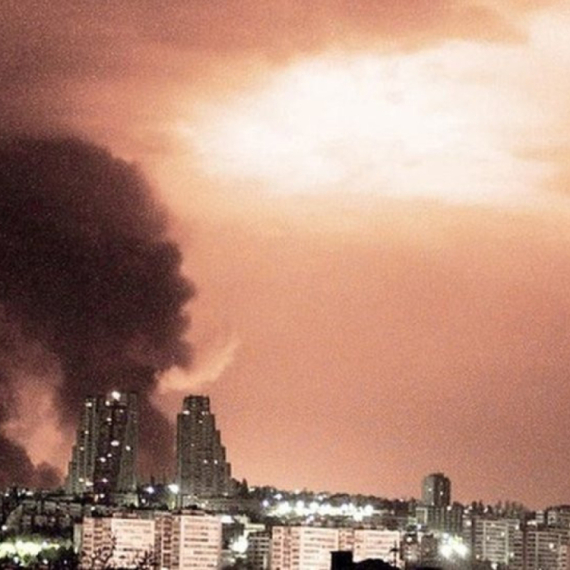
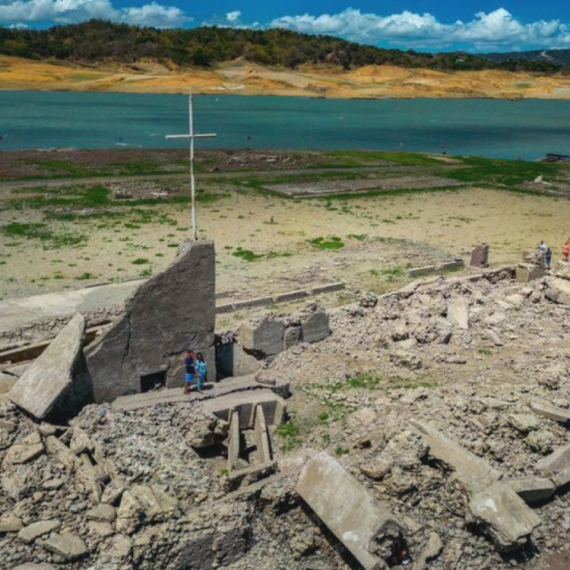



Komentari 46
Pogledaj komentare